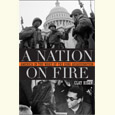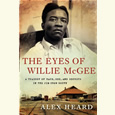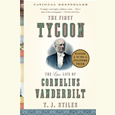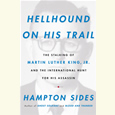American Homer
April 13, 2011 Like his putative Greek forerunner, Shelby Foote was not a trained historian but a master storyteller. He wrote four well-received novels before embarking on The Civil War, including Shiloh, a fictional account of the 1862 battle. Long after completing his trilogy of history books, he continued to think of himself first and foremost as a fiction writer: “I think of myself as a novelist who wrote a three-volume history of the Civil War. I don’t think it’s a novel, but I think it’s certainly by a novelist,” he said.







